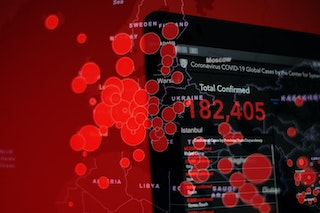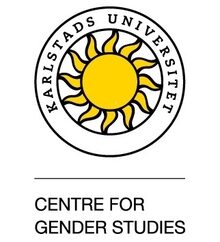


The COVID-19 pandemic is one of the worst health and social crises that the world has ever faced. Evidence from around the world shows that people that were already disadvantaged before the pandemic are worse off by the day, with gender, race, ethnicity, and economic vulnerability marking the intersections of the health and social catastrophe caused by the pandemic. However, critical knowledge about the effects of the pandemic from gender studies is often ignored by both scholars and politicians alike. This ignorance is at odds with repeated calls of attention to the circumstance that gender plays a central role in how the pandemic plays out and that responses to the pandemic and its effects need to necessarily involve knowledge about gender if they are supposed to be effective and socially measured (Azcona et al., 2020; de Paz et al., 2020; Galasso et al., 2020; Oertelt-Prigione, 2020; Ruxton and Burrell, 2020). This homepage puts a spotlight on the importance of gender studies knowledge for understanding, managing, and countering the effects of the global COVID-19 pandemic. It brings together a collection of 16 presentations that span the globe, tackling the transnational and intersectional dimensions of the pandemic’s gender and sexual politics.
The homepage is the result of a two-day seminar held at the Centre for Gender Studies, Karlstad University on the 23rd of September and the 28th of October 2020. The seminar is part of the centre’s research field “Gender, Health & Technology” and was organized in collaboration with Digital Well Arena.
Katarzyna Wojnicka:
What’s masculinity got to do with it? The COVID-19 pandemic, men and care
Sharmila Parmanand:
The dangers of masculinity contests in a time of pandemic
Mara Pieri:
When vulnerability got mainstream: reading the pandemic through disability and illness
Alice L. Pacher and Hirayama Maki:
Impact of COVID-19 on Sexuality in Japan


